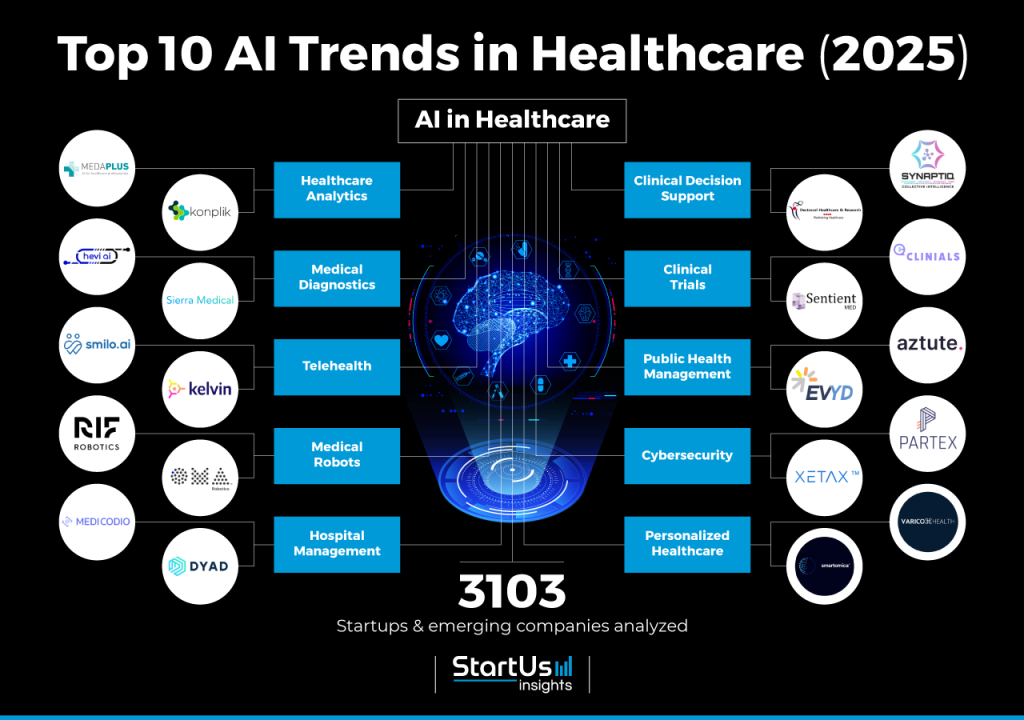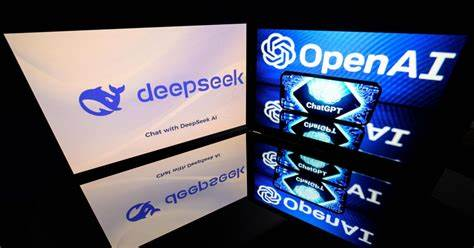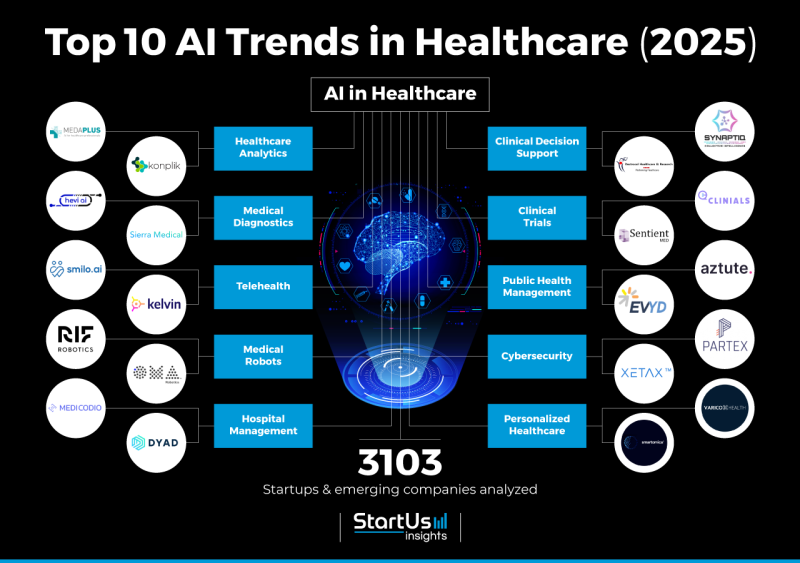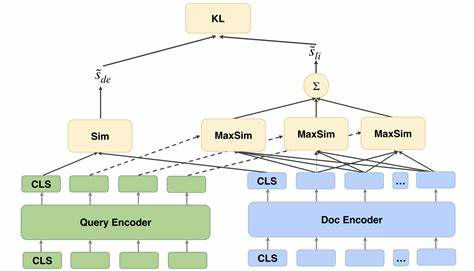Artificial intelligence (AI) is revolutionizing the healthcare industry, transforming patient care, drug development, and personalized medicine. AI’s ability to process vast amounts of data, recognize patterns, and make predictions is enhancing diagnostic accuracy, improving operational efficiency, and paving the way for groundbreaking innovations.
AI in Patient Care
AI is significantly enhancing patient care in hospitals through various applications. Enhanced diagnostic accuracy is one of the most notable benefits. AI-powered tools can detect diseases earlier and with greater precision than traditional methods. For example, AI-enhanced mammograms can detect early-stage cancers, and AI-analyzed optical scans can identify retinal diseases. Real-time patient monitoring is another key application. AI-driven systems can continuously monitor patients’ vital signs, predict potential health issues, and alert healthcare providers in case of emergencies. Additionally, AI is improving hospital operations by automating routine administrative tasks, reducing paperwork, and optimizing resource allocation.

Challenges in Using AI for Drug Development
Despite the numerous benefits, using AI in drug development presents several challenges. Data quality and availability are major concerns. AI models require large amounts of high-quality data to train effectively, but such data may be scarce or difficult to obtain. Regulatory and ethical issues also pose significant hurdles. AI-driven drug development must comply with strict regulatory standards, and ethical considerations such as data privacy and bias in AI models need to be addressed. Integration with existing systems is another challenge. AI technologies must be seamlessly integrated into existing healthcare systems and workflows, which can be complex and time-consuming.
Personalized Medicine in AI
Personalized medicine, also known as precision medicine, involves tailoring medical care to an individual’s unique genomic and molecular characteristics. AI plays a crucial role in advancing personalized medicine by analyzing complex biological data and predicting the effectiveness of potential treatments. AI tools can help develop personalized treatment plans, predict patient responses to therapies, and identify novel therapeutic targets. The benefits of personalized medicine include improved treatment outcomes, reduced side effects, and more efficient use of healthcare resources.
Conclusion
AI is transforming healthcare by enhancing patient care, overcoming challenges in drug development, and driving personalized medicine. While there are still challenges to address, the future of AI in healthcare looks promising. Continuous advancements in AI technology and increased investment in research will further enhance the capabilities of AI in healthcare, leading to better patient outcomes and more efficient healthcare systems.
Hot Questions and Answers
- How does AI improve diagnostic accuracy in hospitals?
- AI-powered diagnostic tools can analyze medical images and patient data with greater precision, detecting diseases earlier and with higher accuracy than traditional methods.
- What are the main challenges in using AI for drug development?
- The main challenges include data quality and availability, regulatory and ethical issues, and integration with existing systems.
- Can AI predict patient responses to treatments?
- Yes, AI can analyze patient data to predict responses to treatments, helping healthcare providers develop personalized treatment plans.
- How does AI enhance real-time patient monitoring?
- AI-driven systems can continuously monitor patients’ vital signs, predict potential health issues, and alert healthcare providers in case of emergencies.
- What are the benefits of personalized medicine in AI?
- The benefits include improved treatment outcomes, reduced side effects, and more efficient use of healthcare resources.
- How is AI improving hospital operations?
- AI is automating routine administrative tasks, reducing paperwork, and optimizing resource allocation, leading to more efficient hospital operations.
References
: Top 10 AI Trends Revolutionizing Healthcare in 2025: The… (https://api4.ai/blog/top-10-ai-trends-shaping-the-healthcare-and-medical-industry-in-2025) : Artificial intelligence in drug development – Nature Medicine (https://www.nature.com/articles/s41591-024-03434-4) : Innovation and challenges of artificial intelligence in healthcare (https://www.nature.com/articles/s41598-024-70073-7) : The Role of AI in Hospitals and Clinics: Transforming Healthcare… (https://pmc.ncbi.nlm.nih.gov/articles/PMC11047988/)





